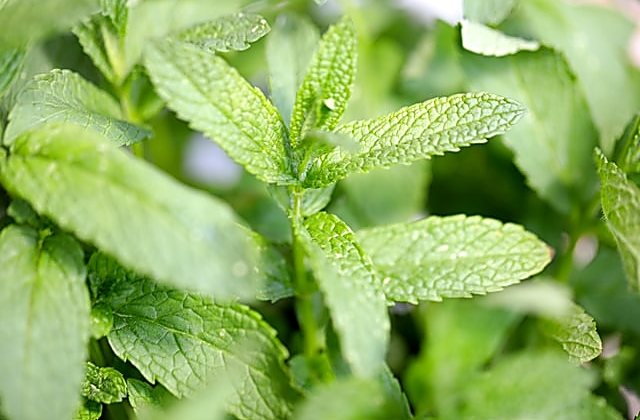The Basics Of Herb Gardening For a Xpress Theme

If you want to grow an herb garden, such as for your home, for a special occasion or simply for the enjoyment of tasting fresh herbs, Xpresscare offers many choices and ways to do so. In fact, herb gardening for a Xpress outdoor garden is fun, relaxing, educational and can be a great business opportunity. Why not take a look at the types of herbs available and how easy they are to grow in a variety of areas? We can help you find just the right herbs for your needs and how to care for them properly.
One of the easiest ways to start herb gardening for a Xpress outdoor garden is with annuals. Annual herbs, such as dill, fennel, summer savory, chervil, oregano, sage and thyme, are simple to grow and maintain. They do well in almost all kinds of soils from light clay to rich, dark sand. As a matter of fact, you might even plant annuals in containers so that you can relocate them later if you move or have to move. Annual herbs are very forgiving when it comes to soil, pest control and watering issues and will go back to their normal beautiful green appearance when the winter chill finally leaves.
Perennial herbs can provide you with colorful blooms year-round. These herbs, such as marjoram, basil, parsley, oregano, sage and Rosemary, come in a wide variety of colors. Plant them in full sun and provide annual maintenance for planting, harvesting and pruning. Some perennials, such as lavender, will bloom even in drier summers, while others, such as chives, will only bloom in the spring and summer months.
The best way to begin herb gardening for a Xpress outdoor garden is with perennials, as these can provide year-round blooms. If you are planning on planting herbs this way, you will want to plan ahead by deciding how many plants each will grow to keep the costs down. Plant seeds in a warm location such as a windowsill. You will also want to choose a sunny location for your planting area. In addition, herb gardening for a Xpress style garden can be as simple as using containers filled with loosely packed soil and placing the seeds in them, thus eliminating the need for a garden tractor.
Before you get started with herb gardening for a Xpress style garden, make sure you have all of your planting containers ready. It’s not going to be any fun planting anything if you are in a hurry or don’t have an idea of what plants you want to grow. Once your seeds are planted, keep them watered. Be sure to mulch your perennials and use an herb repellent on your plants’ roots as well. To help your plants’ health, you may also want to purchase some organic soil mixes that will restore the natural look of your soil.
One of the best things about herb gardening for a Xpress style garden is that you can choose to have annuals and perennials, or you can mix and match annuals and perennials. Annual herbs, such as dill, marjoram, parsley and basil can be planted from early spring right through until about the middle of summer. Perennial herbs, which include thyme, sage, chives, tarragon, oregano, Rosemary and oregano, can be planted from late spring right through until the end of October. Both types of herbs can be harvested once a year, while perennials may only be harvested once each year. By taking advantage of the best growing conditions at your fingertips, herb gardening for a Xpress style garden can be both simple and productive.
When harvesting plants from your herb garden, ensure that you do so quickly to prevent the loss of flavor and freshness. Try not to pick the leaves of young plants, since these may be bitter. If you choose to eat the plant, use a spoon to extract the flavor. If you choose to store the herb, wrap it in a small piece of paper towel and store it in a cool, dry location.
It is important to note that herb gardening for a Xpress style garden is similar to traditional gardening. It is important to choose plants that grow well together and are not too large. Do not over-water herb plants. The weather conditions in the Xpress area of the United States are very mild. This means that you do not need to water the plants excessively, unless you are experiencing extreme weather conditions, such as when the weather is expected to get extremely cold.